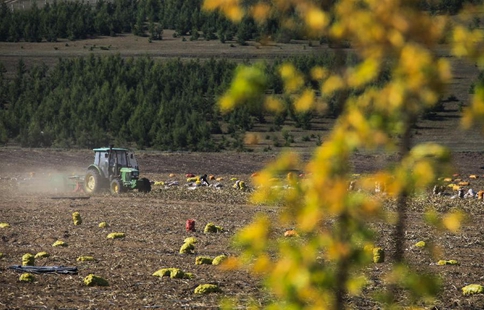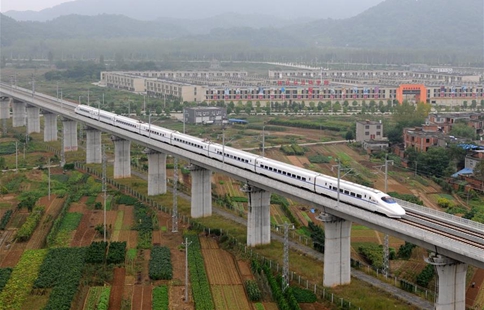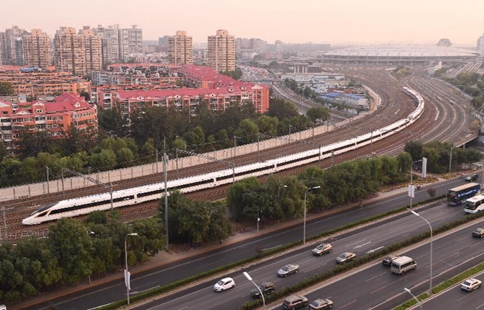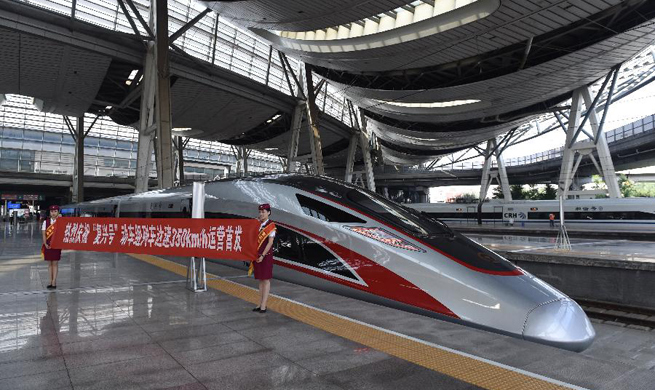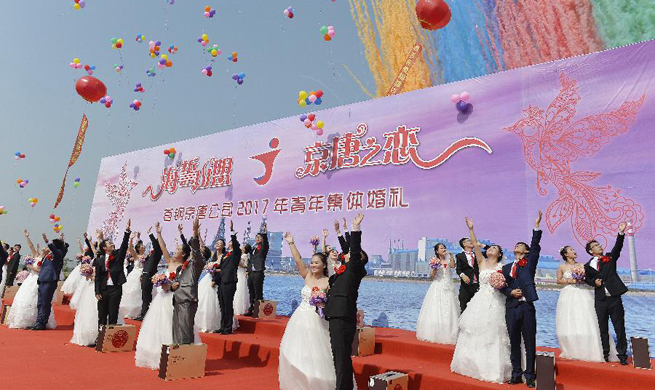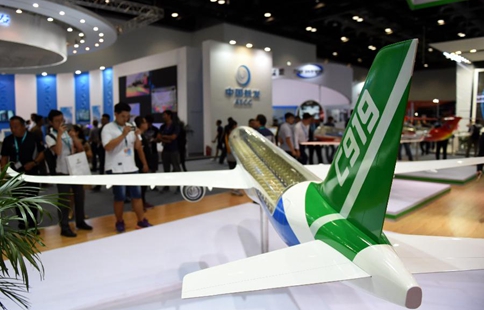by Olatunji Saliu
ABUJA, Sept. 21 (Xinhua) -- Nigeria needs steady growth to fully recover from its worst economic recession in more than two decades, an economic expert told Xinhua on Thursday.
The Abuja-based economist said the end of the recession in Nigeria was a good development but the country's economic growth remained fragile and vulnerable to external shocks and policy slippage.
Muye Yahaya said cruel choices or policies, aimed at adding value to all sectors of the economy, were needed as quickly as possible.
It is through such policies that the economy, which pulled out of recession early September, can be on the path of smooth development and stability, Yahaya said.
"Such cruel or important choices are needed to accelerate the construction of institutions to stimulate economic growth and restructuring the economy," he said.
Yahaya, like many other analysts in Nigeria, thinks the outlook for more growth looks positive for the country.
He urged the government to make honest painful structural changes to support its priority sectors of the economy.
"Nigeria needs a national consensus to reduce borrowing and to invest more in agriculture, mining sector and supports small-scale industries."
"The country also needs to improve the business climate by upgrading corporate governance, promoting venture capital investment, redesigning policies for small and medium-sized enterprises, known as SMEs, that will raise productivity, which is the only way to regain a sustainable growth rate," the expert said.
Among other areas that needed urgent attention for economic revival, the expert said the local tax structure could also encourage industrial revival.
Many experts have said that there are different stages Nigeria must go through before ordinary Nigerians will feel the effects of going out of recession, adding figures suggesting growth do not translate into an improvement in the quality of growth.
On Sept. 5, data by the Nigerian government showed a notched-up growth of 0.55 percent in the second quarter of 2017, from -0.91 percent in the first quarter of 2017 and -1.49 percent in the second quarter in 2016.
The economic recovery was driven by improved performance in the oil, agriculture, manufacturing and trade sectors.
The Nigerian economy had contracted for five consecutive quarters since the first quarter of 2016, slipping into recession for the first time in more than two decades in August 2016.
The economy had depended on oil, its mainstay, for 70 percent of state revenues and 90 percent of export earnings.
Nigeria's economic challenges were compounded by lower oil prices on the international market since mid-2014, which caused a huge fall in government revenues, weakened local currency and dollar shortages.
Its economic woes were exacerbated by militant attacks on key oil infrastructure in the restive Niger Delta.
The economy rebounded partly as there had been improved performance in non-oil sectors of the Nigerian economy in the second quarter.
Nearly 60 percent of the non-oil sector's contribution to the gross domestic product is influenced by the oil sector.
The positive growth seen in agriculture, when the rest of the economy was contracting, was maintained at 3.01 percent.
Manufacturing growth was also positive, at 0.64 percent, although it was lower than the previous quarter's growth of 1.36 percent, a noticeable improvement over the -3.36 percent experienced in the second quarter of 2016 and a continuation of the turnaround of the sector.
The official data showed that solid minerals, one of the main priorities of the government, had continued to grow since the second quarter of 2016, by 2.24 percent.
The overall industry as a whole grew by 1.45 percent in the second quarter of 2017, after nine successive quarters of contraction, starting in the fourth quarter of 2014.
The development was somewhat overshadowed by the continued decline in the services sector, which accounts for 53.7 percent of GDP.
Electricity and gas, and financial institutions grew by 35.5 percent and 11.78 percent respectively in the second quarter of this year.
GDP figures indicated cautious optimism, especially as inflation had continued to fall, from 18.72 percent in January to 16.05 percent in July.
Nigeria's foreign exchange reserves had similarly improved from a low of 24.53 billion U.S. dollars in September 2016 to about 31 billion dollars in August 2017.
Nigeria's capital importation grew by 95 percent year-on-year, driven by portfolio and other investments but also notably by foreign direct investment, which increased by almost 30 percent over the previous quarter.







